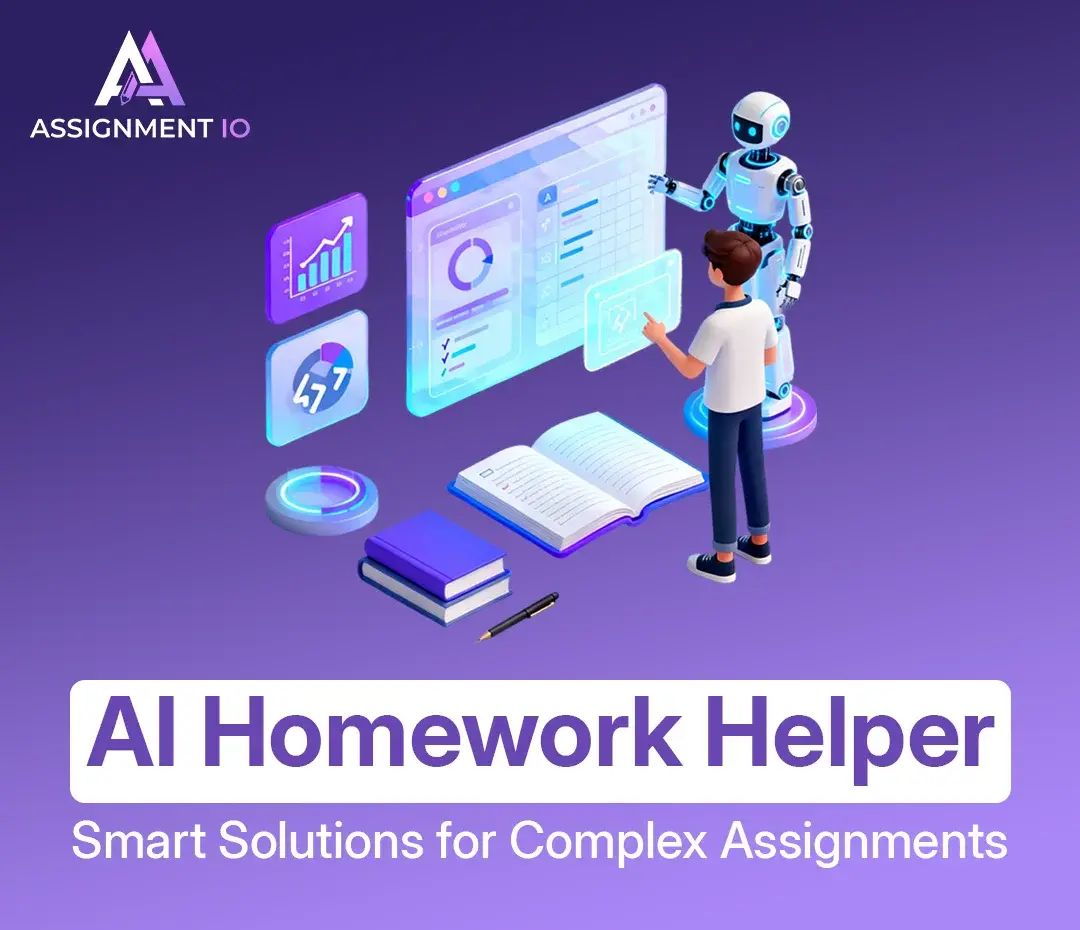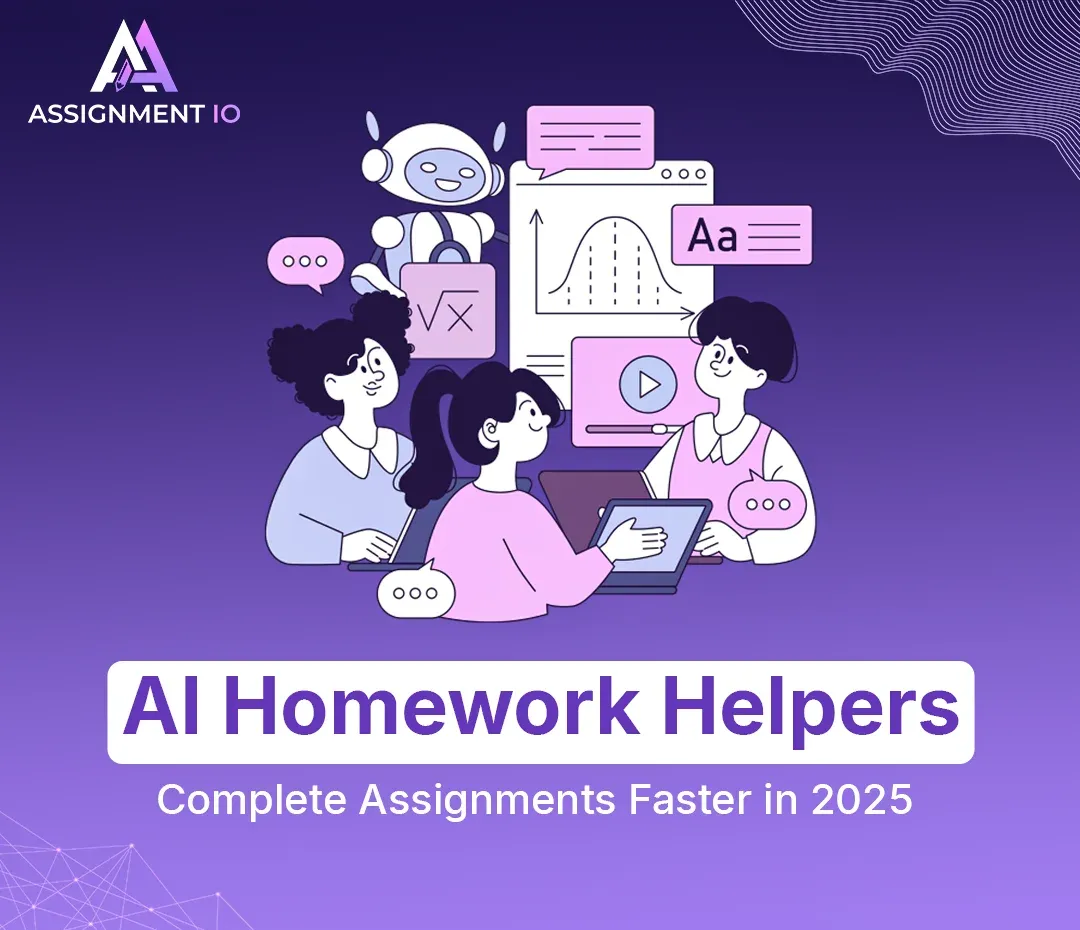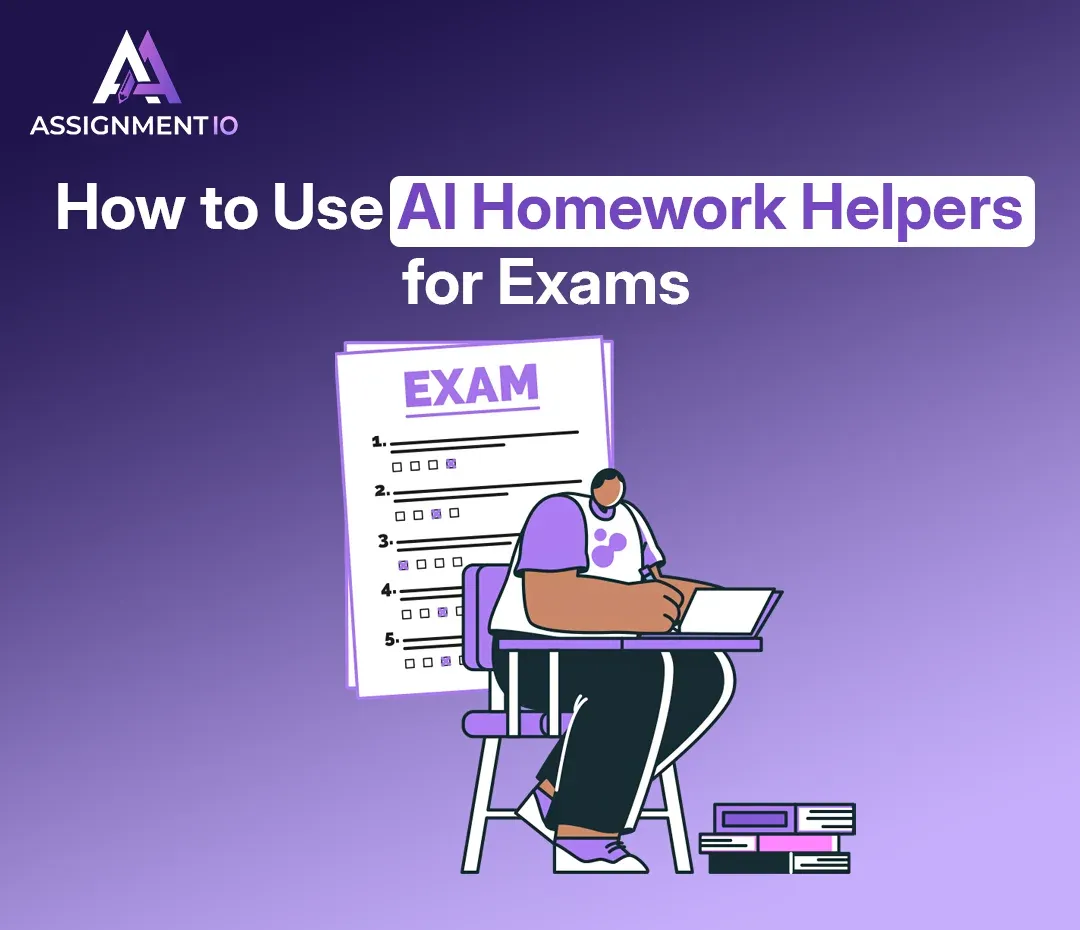Best Tips for Writing Assignments

Kevin Gohil
Writing assignments can be very stressful; however, if you apply the proper techniques, writing can be an opportunity for you to show the knowledge you have about a topic and, at the same time, improve your academic skills. It doesn't matter whether you are a school-going student or college enrolled, following these carefully defined steps would make it fairly simple for you to get your assignment writing done efficiently. The following guide gives you some fundamental techniques that would help you in a good way to develop high-quality assignments up to the academic specification.
Quick Summary
To write a good piece, initially, you must understand the instructions properly. Divide the structure into three sections: introduction, body, and conclusion. It should have a good introduction, stay on point, and support arguments with sound evidence. The description should be less than the analysis, and then paragraphs must be written following the PEEL method (Point, Evidence, Explanation, Link). All cited works must be accurate and clarity, smoothness of logical thought, and consistency must be maintained. Finally, after completing the writing phase, proofreading for grammar, spell check, and overall coherence should be done. The ultimate should consider using tools such as AssignmentGPT IO to create polished works.
Understand the Assignment Properly
Before beginning any written work, first, the necessary information regarding the assignment should be acquired so that it may be properly executed. Read the instructions carefully, noting important details regarding the word limit, format, referencing style, and deadline. If any area is unclear, consult your instructor with questions.
Some pertinent questions are:
- What is the objective of the assignment?
- Who is the intended audience?
- What are the central topics to cover?
- What type of assignment is it: an essay, a report, a case study?
Organize Your Assignment Layout
This point is directly connected to the organization's structure of the assignment, which ensures clarity and coherence. The three segments of an assignment are, namely, introduction, body, and conclusion.
Introduction
The introduction sets the foundation of the assignment, gives a brief overview of the topic, and expresses its purpose. It must:
- Attract the reader's attention through an interesting opening.
- Give the relevant background information to set the context.
- Give a clear thesis statement signifying the main argument or focus.
An effective introduction keeps the reader within the loop and sets the stage for the ensuing discussion.
Body part
The body organizes the main arguments with evidence and analysis to support them. Every paragraph should hence follow a PEEL structure:
Point: Express the main point or argument of the paragraph.
Evidence: Support the point with suitable examples, facts, statistics, or quotations.
Explanation: An explanation of how the evidence relates to the argument.
Link: Link the paragraph to either the next point or the general argument.
Logic is the step-by-step development of an argument with clarity and depth. Keeping paragraphs concise and structured enhances readability and effectiveness.
Conclusion
This is the conclusion that makes a summary of all the main points of the assignment and sets down the thesis statement. It must:
Summarize the principal arguments in a nutshell.
Reassert the importance of the discussion.
Close the discussion without including new material.
A conclusion that is well-written leaves a very strong impression and makes sure that the assignment is clear, well-organized, and persuasive. With this kind of effective organization of the contents, your assignment ends up in a structured, logical, and powerful manner.
Also read this article : Best AI Assignment Writing Tools for Students
Start With An Engaging Introduction
It will make a strong engagement on your reader and put the frame for your assignment. The introduction can also be an interesting thought-posting question, a powerful quote, or an arresting number of statistics, or a concise anecdote useful for sparking curiosity. You need to define the aims of the assignment and what the reader might expect from it, keeping in mind clarity and direction.
Stay Sharp And Stick To The Point
Good assignments are ones that are clear, concise, and focused. These are the qualities expected for a good assignment. Therefore do not include unnecessary details, circular explanations, or vague statements. Use direct statement in plain and clear language without any fluff so that the readability is maintained. Every paragraph of your paper should contribute to directly answering the main question or supporting your thesis and, therefore, keeping your argument sharp, logical, and easy to follow.
Justify Your Argument With Clear Evidence
If you want to convince your audience, you have to put in your assertion credible sources like academic journals, books, and reputable websites. Evidence adds weight to your assertions and strengthens the reliability of your work. Hence, always be sure to cite properly, to avoid any form of plagiarism, and to allow your readers to verify your information.
Focus On Analysis, Not Just Description
Well-done assignments do not simply stand as descriptions but are essays that incorporate the ability to critically analyze. Rather than just stating facts, they ascertain the facts attached value to their relevancy to the argument. Critical thinking will improve your assignment through the depth of analysis and by subjective viewing angles. Keep in mind the following questions for better analysis:
- What is the meaning of this evidence?
- How does it support my argument?
- Is there a counterargument or limitation?
Organize Your Paragraphs For Maximum Clarity And Impact
The point, evidence, explanation, and link (PEEL) method helps you organize each paragraph through a structured yet seamless integration of argumentation.
A good example that highlights the working of PEEL:
Point: Social media catalyze increasing anxiety and depression levels primarily through the presentation of unrealistic standards, cyberbullying, and incessant social comparison, which can adversely affect self-esteem and overall mental health well-being.
Evidence: A 2021 study found that teens who spend more than three hours a day on social media are 'dramatically' more inclined to show symptoms of anxiety and depression, according to the American Psychological Association, thus bringing forward potential risk to mental well-being.
Explanation: Social comparison, cyberbullying, and social isolation are consequences of excessive social media use and may be considered key factors leading to poor mental health. It is self-explanatory that pressure to keep a perfect online image adds stress and negatively impacts emotional stability.
Link: Therefore, responsible social media use needs to be addressed. Digital well-being habits such as screen time monitoring and enabling real connections can collectively help in other areas of benefit.
Ensure Accurate Citations
In academic writing, references must be used properly. Follow the citation style requested (citation styles include APA, MLA, Harvard, etc.) when writing out references. Ensure that you maintain a systematic record of your sources while doing the research so that the citation will not be a big deal.
Avoid common citation mistakes:
- Missing sources
- Incorrect typesetting
- Citing non-credible sources
Revise And Refine Your Work
Check Spelling and grammar errors
When you proofread your paper carefully, you identify spelling and grammar errors within the work. Further, you can use tools like Grammarly or Microsoft Word's spell check feature to spot errors and improve the overall accuracy and readability.
Check Clarity
Crisp and clear expression of thought without unnecessary complication. Use simple language, avoid plush words, and organize thoughts logically to help and engage your reader better.
Check Flow
Good transitions from paragraph to paragraph make up the smoothness of the text. Use linking words such as: furthermore, however, or as a result to keep the flow of ideas logical and to add more power to the assignment's readability.
Check Consistency
Maintain a consistent tone, format style, and citation method throughout your assignment. For example, if you opted for using APA, MLA, and Harvard referencing, then everything must be consistent to sound professional and credible in writing.
Use AssignmentGPT IO to Enhance Your Assignment Writing
AssignmentGPT IO is an AI tool that improves your work by checking for grammar and plagiarism, suggesting structure, and assisting in citation-all the while aiming for clarification, accuracy, and professionalism within your writing.
Conclusion
Effective assignment writing depends on planning, organization, and attention to detail. It includes understanding the requirements, organizing the content effectively, and supporting the argument with evidence. This increases one's credibility. Analytical thinking strengthens your work. Proper citations guarantee correct acknowledgement with the help of tools like AssignmentGPT IO to polish your final draft. Give yourself a good deal of time to carry out research, writing, and proofreading to be able to submit completed, impressive work that would comply with your academic standards. Those are the steps you can take to sharpen your assignment skills for academic success.
FAQs
1. How should I start an assignment most effectively?
First comprehend the requirements, research, and prepare an outline. Write with a capturing introduction to mesmerize the audience while ensuring a clear thesis.
2. What would be the expected length of my assignment?
An assignment is defined by its word limit. You should always refer to the assignment standards and make sure you cross-verify them against the minimum or maximum word count ranges.
3. How do I make my assignment more analytical?
As opposed to description, the analysis requires interpretation of evidence, discussion of implications, and evaluation of various perspectives on the topics.
4. What sources are most credible for academic research?
It is important to refer to credible sources such as journals, academic books, and formal websites. Please do not take sources like Wikipedia or personal blogs as reliable.
5. How can I improve my papers' clarity in writing?
You should write in short, straight sentences; use the active voice; and avoid discursive prose unless really important. Proofread your material and utilize programs like Grammarly to clarify and refine it.
Latest Blog's

AI Homework Helpers offer fast solutions, personalized learning, and round-the-clock study support for students in every subject.


Master exams with superior scores and less study time. Step-by-step tips using ChatGPT, Khanmigo, and Quizlet.


AI homework helpers streamline research, writing, and studying so students learn faster and complete assignments with less stress.


Master exams with superior scores and less study time. Step-by-step tips using ChatGPT, Khanmigo, Quizlet.


How deep learning makes AI homework helpers smarter, faster, and more personalized for students.


How AI homework helpers save time, boost learning, and provide personalized study support.

